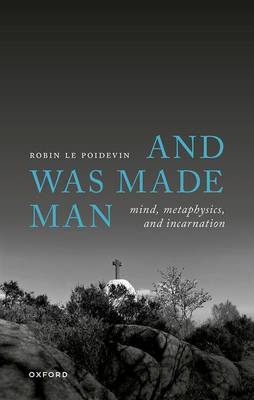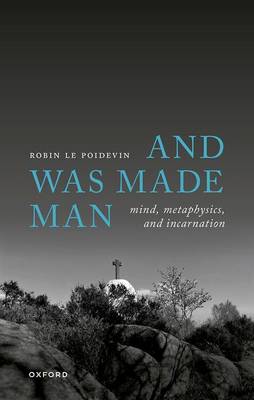
- Afhalen na 1 uur in een winkel met voorraad
- Gratis thuislevering in België vanaf € 30
- Ruim aanbod met 7 miljoen producten
- Afhalen na 1 uur in een winkel met voorraad
- Gratis thuislevering in België vanaf € 30
- Ruim aanbod met 7 miljoen producten
Zoeken
€ 157,95
+ 315 punten
Omschrijving
The doctrine of the incarnation - that God became human in Christ - is one of the most astonishing propositions ever advanced, and it is at the heart of the Christian faith. It is also a paradoxical one, in that it immediately faces the objection that, since the properties of humanity and divinity are incompatible, nothing can be both divine and human. Can the doctrine be defended against the charge of incoherence? This is the central question of this book. It is a question which has received intense attention in recent philosophy of religion, but the distinctively novel features of this book are twofold. First, it brings a range of debates in contemporary metaphysics - in particular, debates over identity, persistence, composition, embodiment, essence, mind, space, time and necessity - to bear on the central question. Second, it defends a particularly wide-ranging version of the view of the incarnation known as the kenotic model, on which God the Son gave up, in an act of kenosis or self-emptying, certain divine characteristics in order to become human. There are certain properties traditionally ascribed to God, such as being independent of time, being disembodied, existing of necessity, and being the ground of goodness, which it apparently makes no sense to suppose could be given up: they are, it seems, held by God timelessly or eternally. This book proposes a development of the kenotic model in which kenosis could coherently be thought to apply even to these apparently unchangeable aspects of the divine.
Specificaties
Betrokkenen
- Auteur(s):
- Uitgeverij:
Inhoud
- Aantal bladzijden:
- 256
- Taal:
- Engels
Eigenschappen
- Productcode (EAN):
- 9780199676576
- Verschijningsdatum:
- 26/04/2023
- Uitvoering:
- Hardcover
- Formaat:
- Genaaid
- Afmetingen:
- 147 mm x 206 mm
- Gewicht:
- 430 g

Alleen bij Standaard Boekhandel
+ 315 punten op je klantenkaart van Standaard Boekhandel
Beoordelingen
We publiceren alleen reviews die voldoen aan de voorwaarden voor reviews. Bekijk onze voorwaarden voor reviews.











